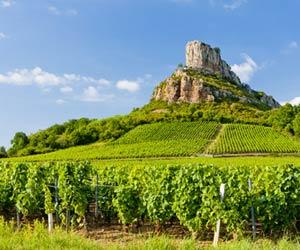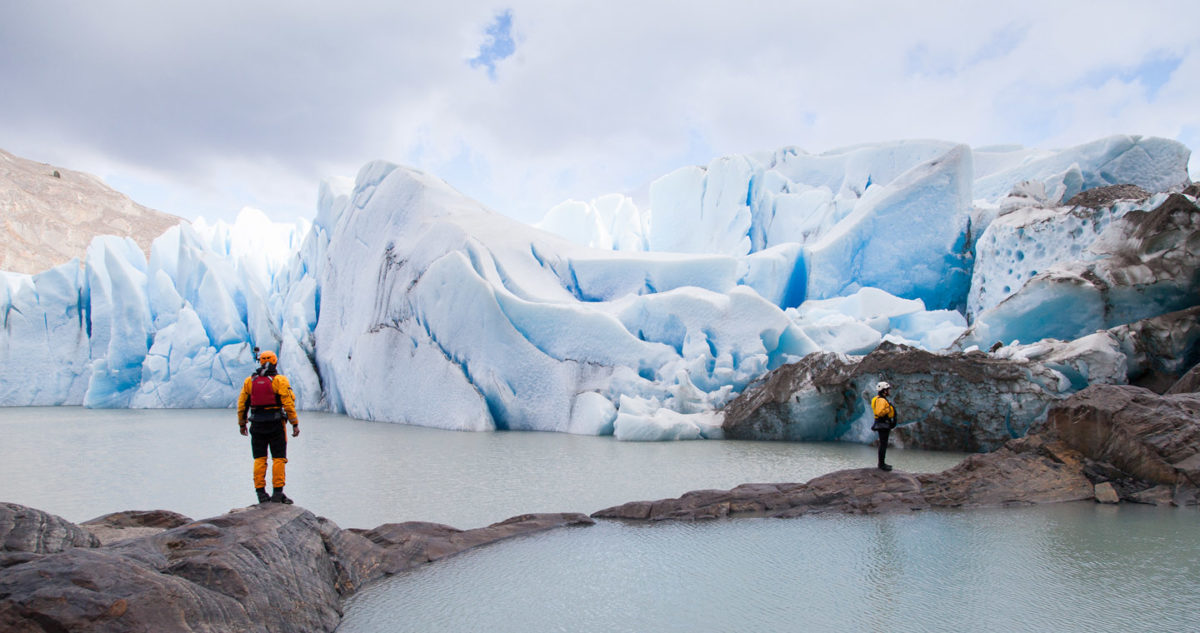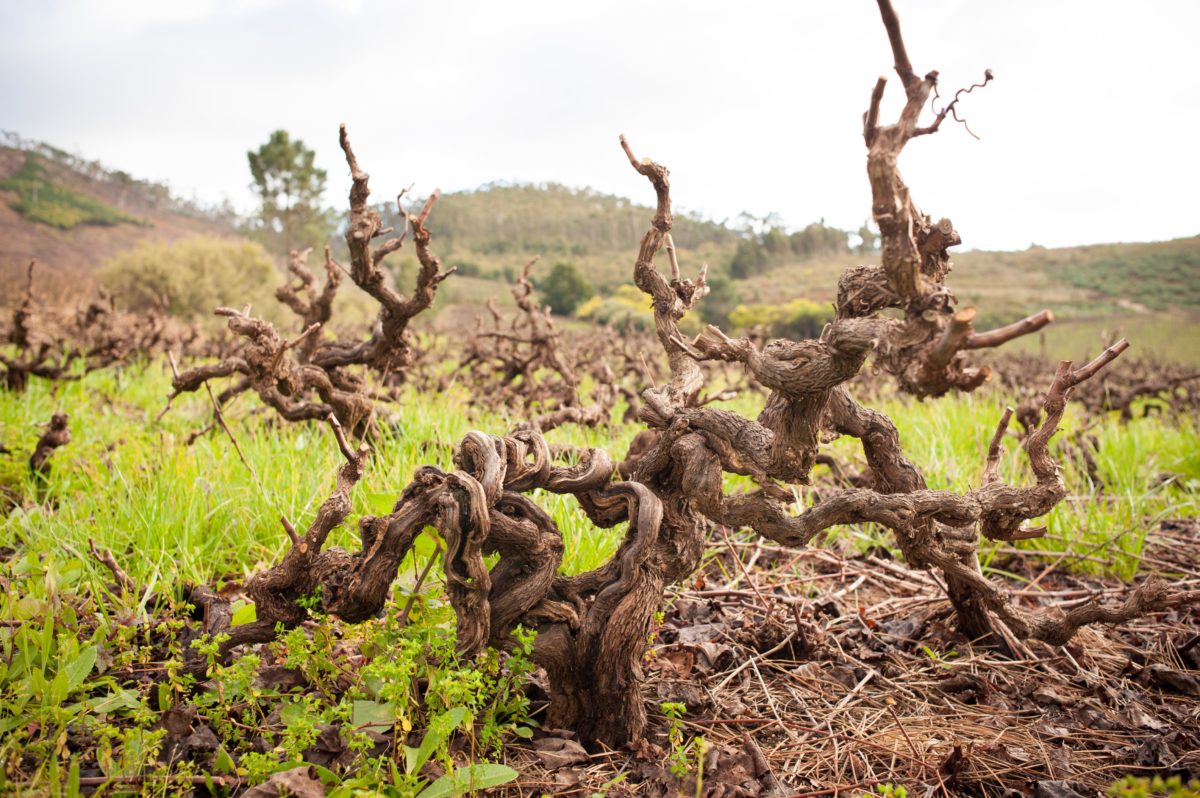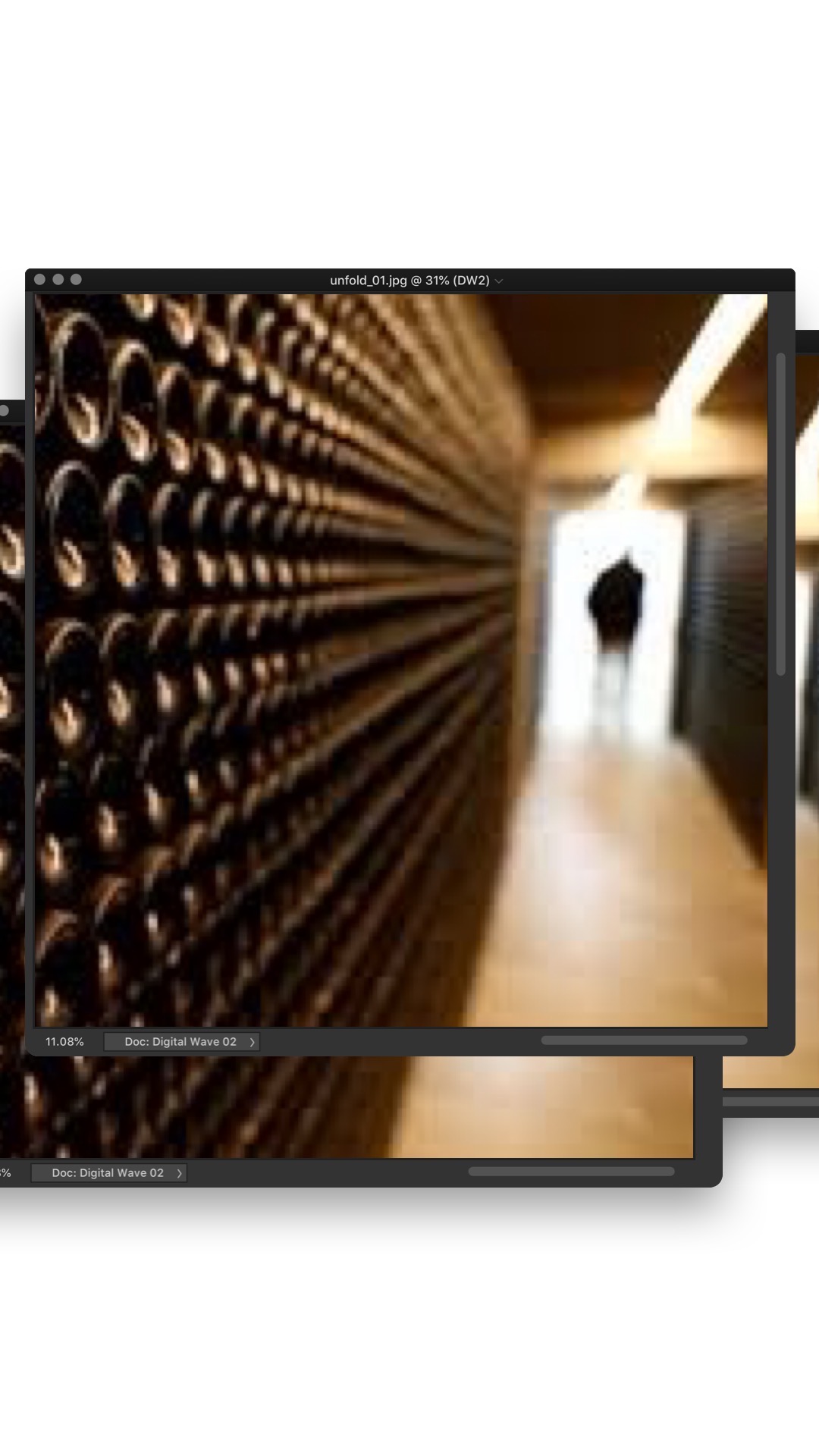
The French National Institute of Origin and Quality (INAO) has officially recognized 22 premier cru ‘climats’ within the Pouilly-Fuissé appellation.
The AOP Pouilly-Fuissé will become the first appellation within Burgundy’s Mâconnais sub-region to benefit from premier cru vineyards.
The 22 new premier crus account for a total of 194ha of land planted to vine, corresponding to circa 24% of Pouilly-Fuissé’s total vineyard area (800ha), spread over the four communes of the appellation: Chaintré, Fuissé, Solutré-Pouilly and Vergisson.
A proposal for the recognition of these climats as premier crus was first submitted to the INAO 10 years ago. Since then, the INAO has been working in partnership with the Organization for the Defense and Management (ODG) of the Pouilly-Fuissé appellation to assess the worthiness of these ‘terroirs’.
The 22 new premier crus, commune by commune
Chaintré:
- Le Clos de Monsieur Noly
- Les Chevrières
- Aux Quarts
- Le Clos Reyssier
Fuissé:
- Le Clos
- Les Brulés
- Les Ménétrières
- Les Reisses
- Les Vignes Blanches
- Les Perrières
- Vers Cras
Solutré-Pouilly:
- La Frérie
- Le Clos de Solutré
- Au Vignerais
- En Servy
- Aux Bouthières
- Aux Chailloux
- Pouilly
- Vers Cras
Vergisson:
- Les Crays
- La Maréchaude
- Sur la Roche
- En France
#wine #bourgogne #burgundy #pouillyfuisse #Mâconnais




 Nick moved to Italy in 1996 and soon got into wine while working at a winery in Puglia. There he cut his teeth on all things Italian wine, the complexities of the different DOC/Gs, the myriad of Italian wine producers, and exporting Italian wine around the world. In 2003 he briefly worked for a national importer as an Italian wine specialist before joining up with Nicolas Belfrage MW, in 2006 at Vinexus, Italian wine marketers and exporters. Nick has since continued to market Italian wine in 10 different export markets around the world with some of the world’s most prominent distributors and Italy’s finest producers. Nick is a dual national, British and Italian, and roams the many wine regions of Italy exploring the exhilarating geographies of what Italian wine is today. He spends his time between Italy and the UK.
Nick moved to Italy in 1996 and soon got into wine while working at a winery in Puglia. There he cut his teeth on all things Italian wine, the complexities of the different DOC/Gs, the myriad of Italian wine producers, and exporting Italian wine around the world. In 2003 he briefly worked for a national importer as an Italian wine specialist before joining up with Nicolas Belfrage MW, in 2006 at Vinexus, Italian wine marketers and exporters. Nick has since continued to market Italian wine in 10 different export markets around the world with some of the world’s most prominent distributors and Italy’s finest producers. Nick is a dual national, British and Italian, and roams the many wine regions of Italy exploring the exhilarating geographies of what Italian wine is today. He spends his time between Italy and the UK. Beans is a wine buyer based in the UAE working for MMI as fine wine category manager. Beans is a confident communicator, eager to engage with fellow consumers at all stages of their wine journeys. Beans’ passion for wine began rummaging around Gloucestershire wine cellars at a young age. After studying ancient history at UCL, his professional engagement with wine started at Oddbins. Following a foray into the world of banking, Beans joined the team at Planet of the Grapes, completing the WSET Diploma in 2009 and moving from van driver to running a fine wine shop, bar and restaurant in the City. He gained experience buying wine in the cash and carry, and wholesale distribution sectors before moving to the UAE to join MMI.
Beans is a wine buyer based in the UAE working for MMI as fine wine category manager. Beans is a confident communicator, eager to engage with fellow consumers at all stages of their wine journeys. Beans’ passion for wine began rummaging around Gloucestershire wine cellars at a young age. After studying ancient history at UCL, his professional engagement with wine started at Oddbins. Following a foray into the world of banking, Beans joined the team at Planet of the Grapes, completing the WSET Diploma in 2009 and moving from van driver to running a fine wine shop, bar and restaurant in the City. He gained experience buying wine in the cash and carry, and wholesale distribution sectors before moving to the UAE to join MMI. Duane has a long-held passion for Australian and international wines. He expanded his knowledge with vintages in Burgundy, the Rhone Valley and the Douro Valley. Exposure to European wines and winemaking has given Duane a broad perspective on techniques and wines styles. Other passions include archery, motorcycles and music.
Duane has a long-held passion for Australian and international wines. He expanded his knowledge with vintages in Burgundy, the Rhone Valley and the Douro Valley. Exposure to European wines and winemaking has given Duane a broad perspective on techniques and wines styles. Other passions include archery, motorcycles and music. Jacqueline (Jacky) is a Canadian wine writer, educator, and consultant. After obtaining a BA in communication studies at Concordia University, Montréal, Jacky moved to Burgundy to pursue a career in wine. While completing an advanced masters in wine science and international trade at the CFPPA de Beaune and AgroSup Dijon, she worked harvest seasons in Beaune and the Walker Bay, South Africa. Since returning to Montréal, Jacky has focused on sharing her passion for fine wine through her freelance wine writing, speaking engagements, judging, and her wine education YouTube video series.
Jacqueline (Jacky) is a Canadian wine writer, educator, and consultant. After obtaining a BA in communication studies at Concordia University, Montréal, Jacky moved to Burgundy to pursue a career in wine. While completing an advanced masters in wine science and international trade at the CFPPA de Beaune and AgroSup Dijon, she worked harvest seasons in Beaune and the Walker Bay, South Africa. Since returning to Montréal, Jacky has focused on sharing her passion for fine wine through her freelance wine writing, speaking engagements, judging, and her wine education YouTube video series. Róisín holds a BSc in pharmacy and an MSc in viticulture and oenology. In 2015 she established her micro-négociant business, Maison Róisín Curley, in Burgundy. A négociant vinificateur, she produces wine in small quantities from carefully selected parcels from various appellations throughout Burgundy. Róisín divides her time between Burgundy and her beloved County Mayo, in the west of Ireland, where she works alongside her brother Mark as a pharmacist in their family business.
Róisín holds a BSc in pharmacy and an MSc in viticulture and oenology. In 2015 she established her micro-négociant business, Maison Róisín Curley, in Burgundy. A négociant vinificateur, she produces wine in small quantities from carefully selected parcels from various appellations throughout Burgundy. Róisín divides her time between Burgundy and her beloved County Mayo, in the west of Ireland, where she works alongside her brother Mark as a pharmacist in their family business. Tracey is a Newfoundlander based in Bordeaux since 2011. She is a wine educator and consultant buyer in Canada and France. Her company Autour du Vin offers a range of wine education including WSET courses and wine tours throughout Europe. She is also the co-owner of Les 3 Cavistes, an importing agency in Canada. Tracey holds an MBA in wine management and marketing (INSEEC Bordeaux) and a master of science degree (McMaster University and Dalhousie University). Tracey is an avid distance runner and spends most of her free time chasing after her one-year-old daughter. Her favourite way to enjoy a glass of wine is at a kitchen island with family and friends.
Tracey is a Newfoundlander based in Bordeaux since 2011. She is a wine educator and consultant buyer in Canada and France. Her company Autour du Vin offers a range of wine education including WSET courses and wine tours throughout Europe. She is also the co-owner of Les 3 Cavistes, an importing agency in Canada. Tracey holds an MBA in wine management and marketing (INSEEC Bordeaux) and a master of science degree (McMaster University and Dalhousie University). Tracey is an avid distance runner and spends most of her free time chasing after her one-year-old daughter. Her favourite way to enjoy a glass of wine is at a kitchen island with family and friends. Heidi lives and works in Oslo. She manages all wine courses and educations at the Culinary Academy of Norway and teaches both the sommelier education and all levels of WSET. She started as a cook, completed her sommelier education in 2009 and worked as a sommelier for five years before her current job. Heidi also loves running courses focusing on food and wine for wine enthusiasts and connoisseurs. When she was working as a sommelier, Heidi took part in various competitions and holds medals from both the Norwegian and Nordic sommelier championship.
Heidi lives and works in Oslo. She manages all wine courses and educations at the Culinary Academy of Norway and teaches both the sommelier education and all levels of WSET. She started as a cook, completed her sommelier education in 2009 and worked as a sommelier for five years before her current job. Heidi also loves running courses focusing on food and wine for wine enthusiasts and connoisseurs. When she was working as a sommelier, Heidi took part in various competitions and holds medals from both the Norwegian and Nordic sommelier championship. Christophe is the founder and managing director of Gustoworld, a leading (fully C02-neutral) fine world wine importer with extensive activity in Belgium and France. He is also the owner of several wine import companies in these countries. Christophe is an alumnus of the Ecole Hôtelière de Lausanne (EHL), Switzerland, from which he graduated in 1998 with a BSc in hotel and restaurant management. After a career in the hospitality industry in Canada and the US, Christophe returned to Europe to start his wine business. Christophe loves discovering world food and wine cultures and is a member and former president of several entrepreneur associations. His passion for wine led him to the WSET Diploma, and he joined the MW programme in 2015. Christophe is based in Belgium with his wife and two children.
Christophe is the founder and managing director of Gustoworld, a leading (fully C02-neutral) fine world wine importer with extensive activity in Belgium and France. He is also the owner of several wine import companies in these countries. Christophe is an alumnus of the Ecole Hôtelière de Lausanne (EHL), Switzerland, from which he graduated in 1998 with a BSc in hotel and restaurant management. After a career in the hospitality industry in Canada and the US, Christophe returned to Europe to start his wine business. Christophe loves discovering world food and wine cultures and is a member and former president of several entrepreneur associations. His passion for wine led him to the WSET Diploma, and he joined the MW programme in 2015. Christophe is based in Belgium with his wife and two children. Annette has extensive management and operational experience across all levels of restaurants and hospitality venues. She is currently the group beverage manager for Solotel, a large and diverse hospitality group in Sydney. Annette has held similar roles, having developed her skills as a restaurant manager and sommelier for international hotel groups and award-winning fine dining restaurants across traditional, modern and Asian cuisines. She has completed all levels of WSET and is a certified educator focusing on the development of the next generation through the delivery of wine courses in the Australian market. Annette was the 2014 winner of the Vin de Champagne Award (professional) and was selected for the Len Evans tutorial. She also has experience as an associate judge at numerous wine shows around the country and participates in trade and educational tastings, presentations and master classes.
Annette has extensive management and operational experience across all levels of restaurants and hospitality venues. She is currently the group beverage manager for Solotel, a large and diverse hospitality group in Sydney. Annette has held similar roles, having developed her skills as a restaurant manager and sommelier for international hotel groups and award-winning fine dining restaurants across traditional, modern and Asian cuisines. She has completed all levels of WSET and is a certified educator focusing on the development of the next generation through the delivery of wine courses in the Australian market. Annette was the 2014 winner of the Vin de Champagne Award (professional) and was selected for the Len Evans tutorial. She also has experience as an associate judge at numerous wine shows around the country and participates in trade and educational tastings, presentations and master classes. Ido is an Israeli winemaker. He studied viticulture and oenology in Italy, interned at San Guido’s Sassicaia and travelled extensively. He worked in Italy, France and Australia before returning to Israel in 2007 to become a winemaker. In time he became the head winemaker of Recanati Winery. On his return to Israel, he established Lewinsohn Winery in his family’s garage, where he produces his ‘Garage de Papa’ wines. In 2017, Ido was appointed head winemaker of Barkan – Segal Wine Cellars, Israel’s largest producer. Ido lives outside the city with his wife and two daughters.
Ido is an Israeli winemaker. He studied viticulture and oenology in Italy, interned at San Guido’s Sassicaia and travelled extensively. He worked in Italy, France and Australia before returning to Israel in 2007 to become a winemaker. In time he became the head winemaker of Recanati Winery. On his return to Israel, he established Lewinsohn Winery in his family’s garage, where he produces his ‘Garage de Papa’ wines. In 2017, Ido was appointed head winemaker of Barkan – Segal Wine Cellars, Israel’s largest producer. Ido lives outside the city with his wife and two daughters. William is the Master Distiller and co-founder (along with his wife and business partner, Lucy) of Cambridge Distillery. His 22-year drinks industry career has seen him working in a variety of fields, from bartender to restaurant manager, wholesaler to educator. Despite his specialism in spirits, William was awarded the inaugural Wines from Spain Master of Wine scholarship prize following his achievements in the WSET Diploma. The continuing theme in his career has been the effort to draw the world of wines and spirits closer together, something he is a step closer towards with the title Master of Wine.
William is the Master Distiller and co-founder (along with his wife and business partner, Lucy) of Cambridge Distillery. His 22-year drinks industry career has seen him working in a variety of fields, from bartender to restaurant manager, wholesaler to educator. Despite his specialism in spirits, William was awarded the inaugural Wines from Spain Master of Wine scholarship prize following his achievements in the WSET Diploma. The continuing theme in his career has been the effort to draw the world of wines and spirits closer together, something he is a step closer towards with the title Master of Wine. Geoffrey is the principal of Lithica Wine Marketing, a boutique branding and marketing agency with a focus on direct-to-consumer sales and marketing. After graduating with a degree in political science from McGill University, Geoffrey took the only logical next step and enrolled in a winemaking and viticulture programme. His approach to sales and marketing is informed by working for some of the leading wineries in Canada along with his experience both in the vineyard and cellar. Geoffrey takes a customer-centric approach with the aim of elevating brands by creating long-term brand ambassadors. He is also a wine writer and critic, with contributions to Gismondi on Wine. Geoffrey resides in British Columbia’s Okanagan Valley.
Geoffrey is the principal of Lithica Wine Marketing, a boutique branding and marketing agency with a focus on direct-to-consumer sales and marketing. After graduating with a degree in political science from McGill University, Geoffrey took the only logical next step and enrolled in a winemaking and viticulture programme. His approach to sales and marketing is informed by working for some of the leading wineries in Canada along with his experience both in the vineyard and cellar. Geoffrey takes a customer-centric approach with the aim of elevating brands by creating long-term brand ambassadors. He is also a wine writer and critic, with contributions to Gismondi on Wine. Geoffrey resides in British Columbia’s Okanagan Valley. Born and raised in Ireland, Ray found his passion for wine when working in a Dublin restaurant. On discovery of his new vocation, he applied himself wholeheartedly to wine studies. He won the George O’Malley Trophy for the highest tasting paper in Ireland in the WSET Diploma exam before moving to London where he worked as a sommelier for Gordon Ramsay. The six years spent working as commercial manager for the International Wine Challenge enabled him to train his palate for the practical paper of the MW exam. While on the MW study programme he was selected for the AXA Millésimes scholarship. Over the years, Ray has been a wine judge, ran his own wine school and won the Young Wine Writer of the Year Award in 2007. Since 2013, he has been the wine director for Naked Wines UK and spends a large amount of time in wine regions around the world sourcing new winemakers, with a keen focus on quality control. His other passions largely revolve around running, music and Guinness.
Born and raised in Ireland, Ray found his passion for wine when working in a Dublin restaurant. On discovery of his new vocation, he applied himself wholeheartedly to wine studies. He won the George O’Malley Trophy for the highest tasting paper in Ireland in the WSET Diploma exam before moving to London where he worked as a sommelier for Gordon Ramsay. The six years spent working as commercial manager for the International Wine Challenge enabled him to train his palate for the practical paper of the MW exam. While on the MW study programme he was selected for the AXA Millésimes scholarship. Over the years, Ray has been a wine judge, ran his own wine school and won the Young Wine Writer of the Year Award in 2007. Since 2013, he has been the wine director for Naked Wines UK and spends a large amount of time in wine regions around the world sourcing new winemakers, with a keen focus on quality control. His other passions largely revolve around running, music and Guinness. Adam first became interested in wine whilst reading history at Oxford University and participating in the university’s varsity blind tasting competition. He now has 15 years’ experience in the wine industry gained in a variety of buying and marketing roles. Most recently he was the purchasing and channel strategy director at Jascots, an award-winning importer and wholesaler specialised in supplying the quality independent on-trade in and around London. Previously, he was at Sainsbury’s supermarkets in the trading team and started his career managing stores for Majestic Wine. Outside of work, Adam enjoys practising yoga and rowing on the Thames.
Adam first became interested in wine whilst reading history at Oxford University and participating in the university’s varsity blind tasting competition. He now has 15 years’ experience in the wine industry gained in a variety of buying and marketing roles. Most recently he was the purchasing and channel strategy director at Jascots, an award-winning importer and wholesaler specialised in supplying the quality independent on-trade in and around London. Previously, he was at Sainsbury’s supermarkets in the trading team and started his career managing stores for Majestic Wine. Outside of work, Adam enjoys practising yoga and rowing on the Thames. During her career, Louise has worked in several different fields, including export, retail, hospitality and education. Louise holds a BSc from the University of Calgary, a WSET Diploma and is a certified sommelier with the ISG. One of the highlights of her journey to becoming a Master of Wine was the honour of receiving the Yalumba Scholarship and having the opportunity to visit Australia’s oldest family-owned winery. Louise lives in the Niagara region in Canada and is especially passionate about Canadian wine.
During her career, Louise has worked in several different fields, including export, retail, hospitality and education. Louise holds a BSc from the University of Calgary, a WSET Diploma and is a certified sommelier with the ISG. One of the highlights of her journey to becoming a Master of Wine was the honour of receiving the Yalumba Scholarship and having the opportunity to visit Australia’s oldest family-owned winery. Louise lives in the Niagara region in Canada and is especially passionate about Canadian wine.

